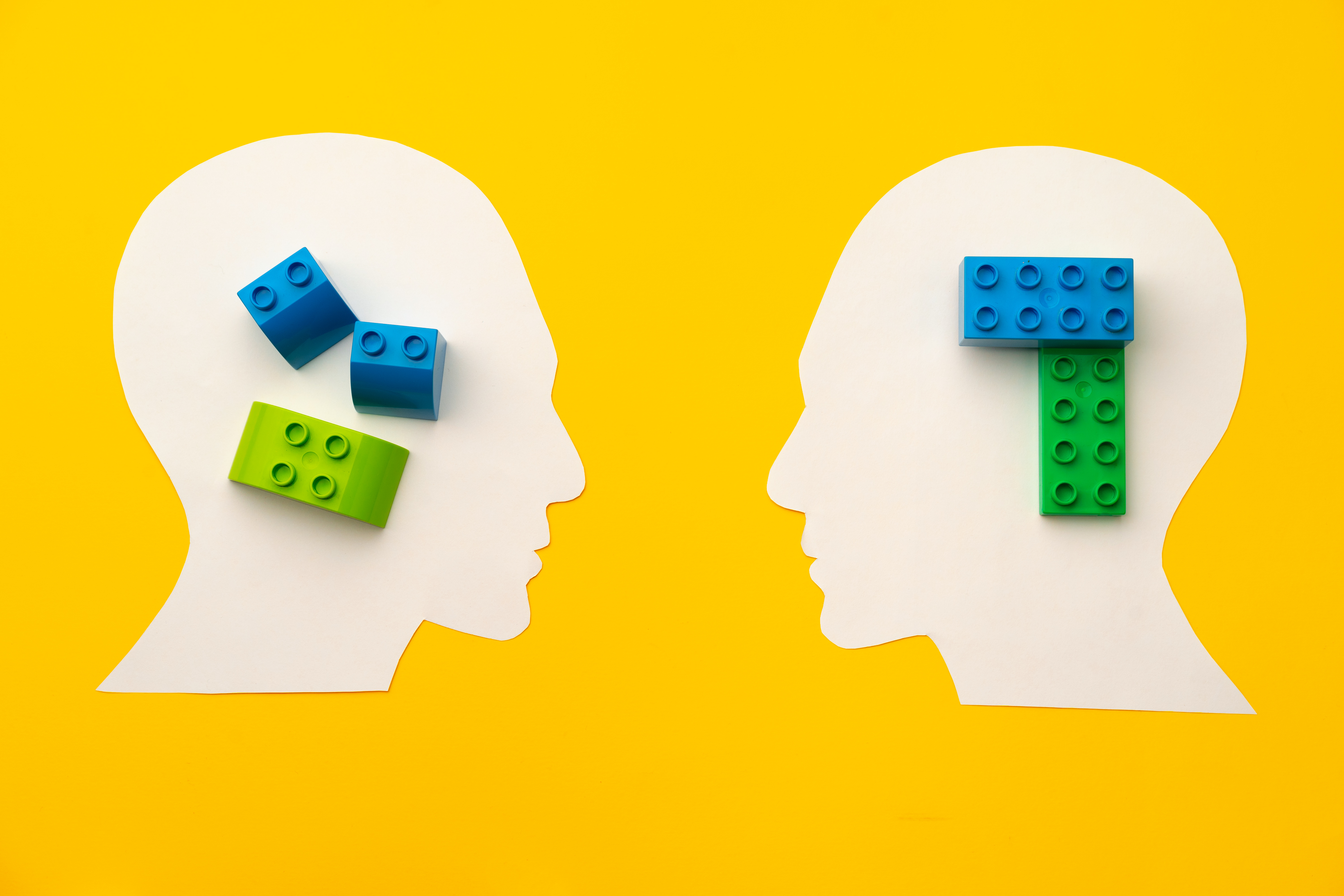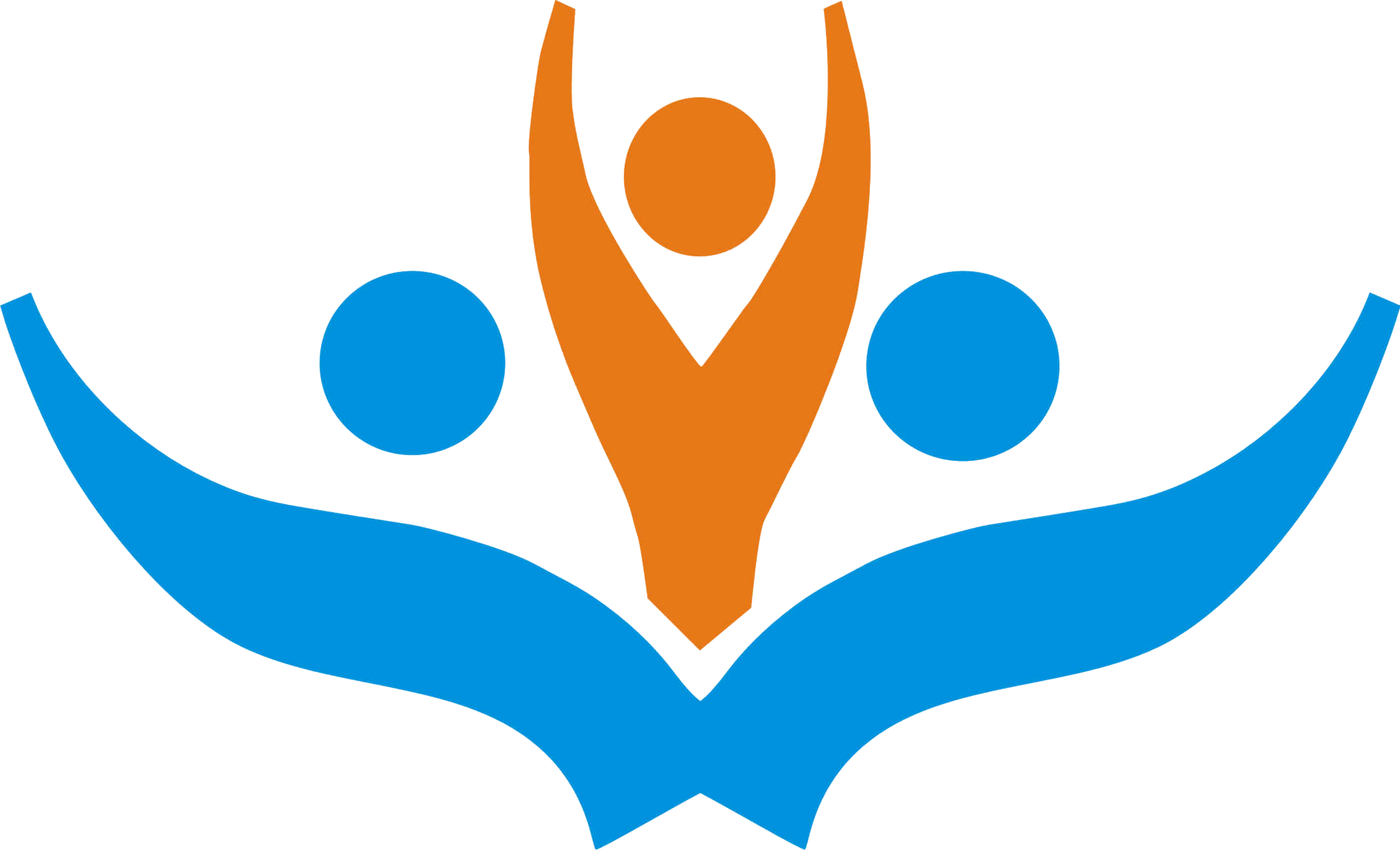
The Impact of Intellectual Disability
Intellectual Disability (ID) is a deep rooted disability that can make it tough for individuals in learning, communicating and problem solving. There are many kinds and causes of Intellectual Disabilities and it is the most common developmental disability. It is a variety and can affect individuals in a wide range of ways.
Intellectual Disabilities is an umbrella term used at the point when an individual has specific constraints in intellectual working and abilities, including communication, social and self-care abilities and may also mean difficulty in retaining information. These restrictions can make a child process information and learn more slowly or uniquely in contrast to a typically developing child. ID can happen any time before a kid turns into an adult or even before birth.
An ID might be caused by a hereditary condition, issues during pregnancy and birth, medical conditions or disease and environmental factors. People with ID experience the same needs, goals, interests and aspirations as people without the condition. ID was earlier known as mental retardation. It can also be caused by injury or a problem in the brain and for many children, the cause of their ID is unknown.
Fostering strong communication skills is critical, yet misinterpretations and myths remain. One is that children will by and large grow out of speech and language disorders. Sadly, this myth sometimes defers treatment. Indeed, a few kids are to be sure slow developers, yet frequent treatment is necessary as well. Great communication skills are pivotal and help with behaviour, learning, reading, social skills and companionships. It is a lot easier, more viable and affordable to treat speech and language difficulties early.
Few types of ID include:
• Down Syndrome
• Prader-Willi Syndrome
• Fragile X Syndrome
• Fetal Alcohol Spectrum Disorder (FASD)
• Developmental Delay
• Environmental Causes
• Problems during pregnancy like viral or bacterial infections
• Malnutrition
• Complications during birth
• Exposure to alcohol and other drugs
• Infections or Toxic exposure
• Trauma
Few causes of ID like birth defects, Fetal Alcohol Syndrome, Down Syndrome, Fragile X Syndrome and infections can happen before birth while few happen when a baby is being born or soon after birth. Other causes do not occur until adulthood and these might include severe head injury, infections or a stroke.
ID is not contagious. Children or young adults cannot catch the disability from anyone else and it is not a type of mental illness like depression. While there is no cure, children with ID can learn to do many things. They might just need more time or learn uniquely than other children.
Some of the most common causes of ID are:
• Complications during pregnancy – An ID can result when the child doesn’t develop inside the mother appropriately. For instance, there might be an issue with the manner in which the child’s cells divide. A woman who has alcohol or gets a disease like rubella during pregnancy may likewise have a child with an ID.
• Infections or Toxic exposure – Infections such as whooping cough, measles or meningitis can cause ID. They can likewise be caused by severe malnutrition, not getting the right medical care or by being exposed to toxics such as mercury or lead.
• Hereditary/Genetic conditions – In some cases an ID is caused by unusual genes acquired from parents, errors when genes join or different reasons. Instance of hereditary conditions include Down Syndrome and Fragile X Syndrome.
• Issues at birth – If there are complications like a baby not getting enough oxygen during labor and at birth, might cause the child an ID.
A notable extent (35% to 40%) of children with ID might have mental health issues. This means 14% of children with a mental health issue will also have an ID. This figure addresses a considerable number of children with critical needs. Hence, this has to be accepted as a mainstream problem rather than a specialist one. These children represent a high-risk group whose needs have to be addressed by mental health services usually.
Intellectual Disability is generally identified during childhood and has an ongoing impact on a child’s development. Chetna Foundation helps parents who are looking to seek professional advice on their child’s development. Getting your child assessed at the appropriate time will provide access to early intervention and support.
| Tweet |





